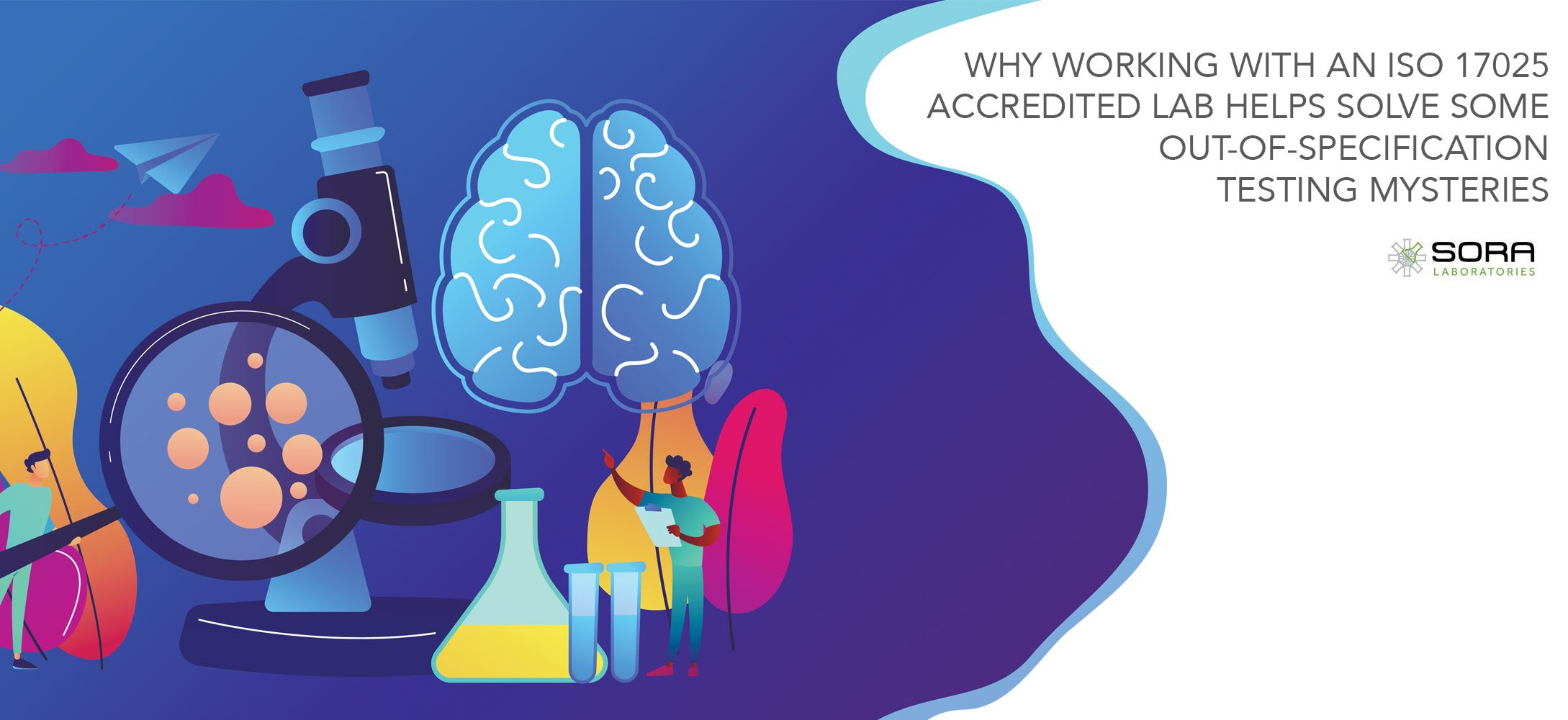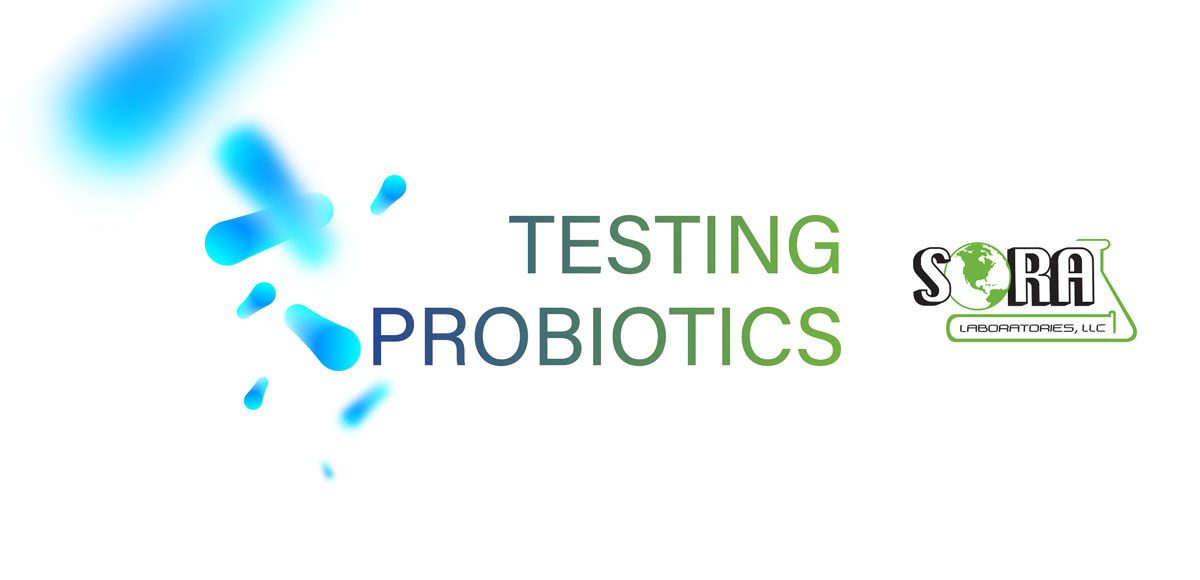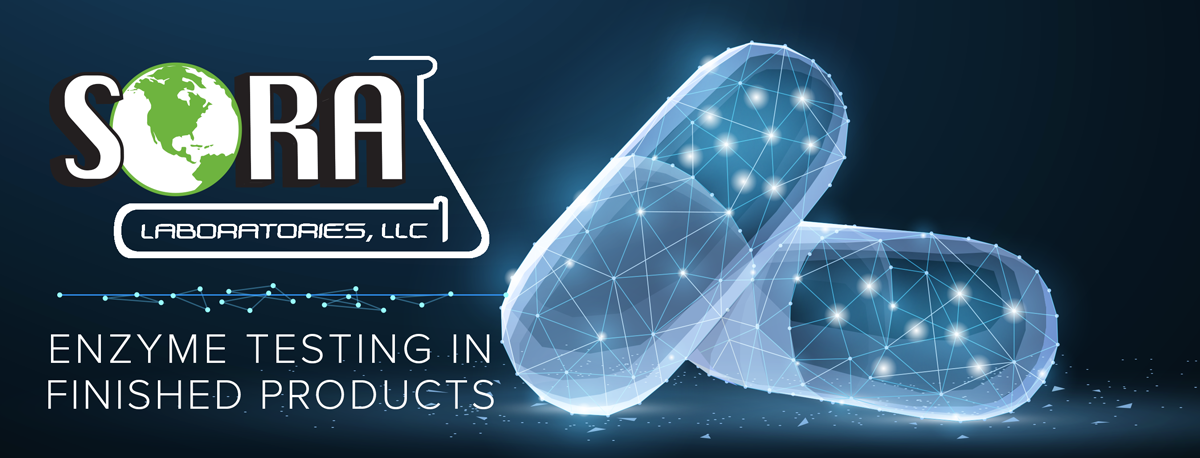We’ve Got Questions — You’ve Got Answers.
(No pop quiz later, we promise.) Have you ever been contacted by your testing lab with questions you weren’t expecting? It’s fairly common for a lab to contact a customer when they need more information about the sample being tested. These requests allow us to get the information we need to perform the correct testing against the correct specifications before we get too far in the process.
For instance, we might ask for the serving size of the product. If we are doing a protease HUT assay, we will need to know if the 100,000 HUT spec is per gram, per capsule or any other serving size—we’ll need you to specify.
Pro tip: Including this information on the submission form will save time and help us have the appropriate target specs for the product.
Since many enzyme assays have a narrow range for the method to test within, getting an accurate assay starting point will help us find the exact activity on the first test run. When the activity range is too broad for the assay, then results may be reported with < or > activity. This shows the upper and lower limits of the standard curve, instead of the exact activity. Unfortunately, if you need an exact reading, we have to run the assay again, resulting in an additional charge for the second run.
Sometimes we ask for a larger sample. Customers have asked, “Why do you request a 50-gram sample?” Sample size is important, because we need an amount that is representative of the batch or ingredient that will be used in production. A 50-gram sample allows for multiple assays, in addition to any microbiology testing that may be needed. Micro testing often requires 11 grams to just get started and other tests need to be weighed separately. The 50-gram sample also gives us enough to perform investigative testing, too. For example, a difference in particle sizes in the blend may require the lab to grind the sample to create uniform particles before testing. Having a large enough sample will allow for any retesting that may be necessary for your quality-control purposes, too.
Just think of SORA Labs as an integral part of your team. Our goal is to help solve testing issues when they happen, and the more information we are given early in the process, the better. Providing raw material certificates of analysis (if available) supplies us with a reference if questions arise during testing. We strive to run the correct testing the first time, saving time and money in the long run. Let SORA Labs be your partner in quality. Contact us today!











